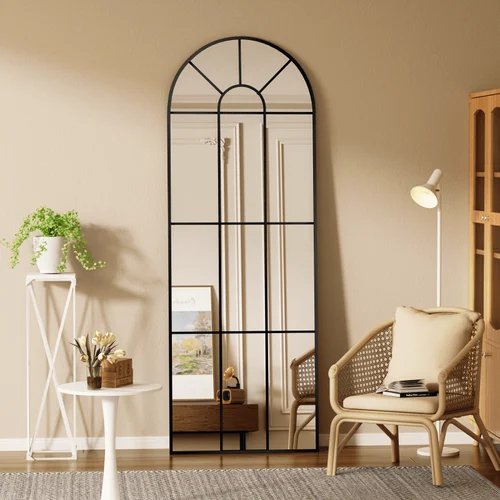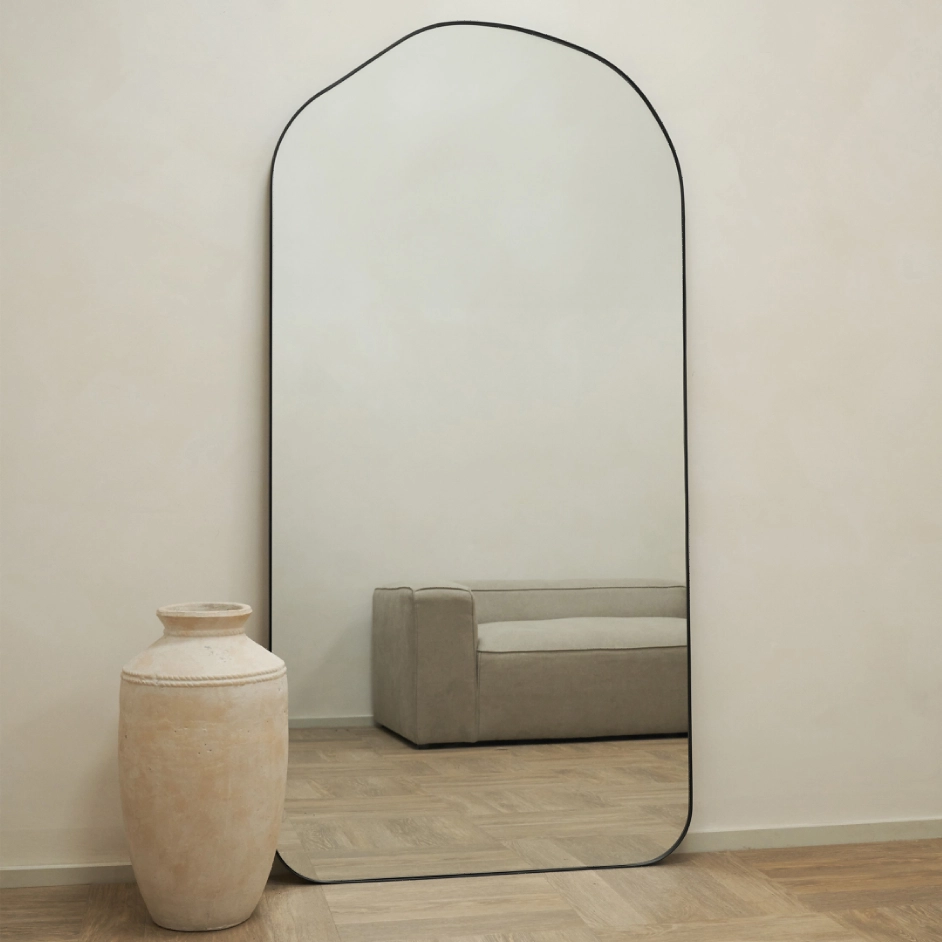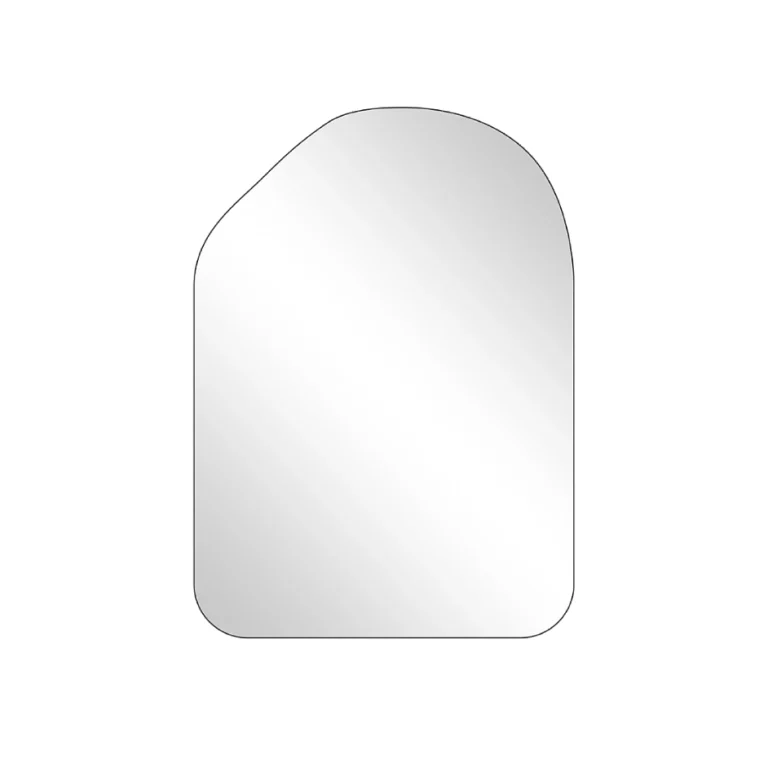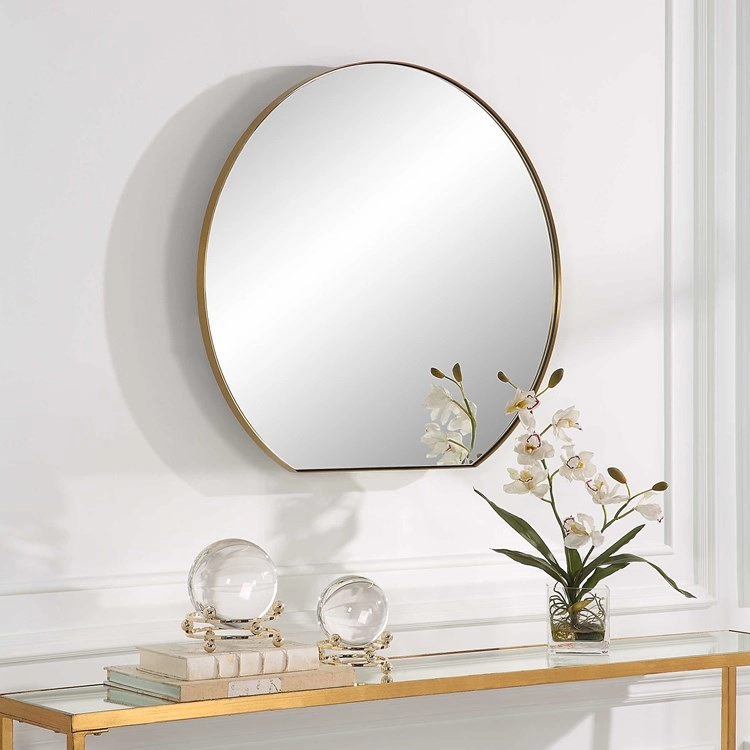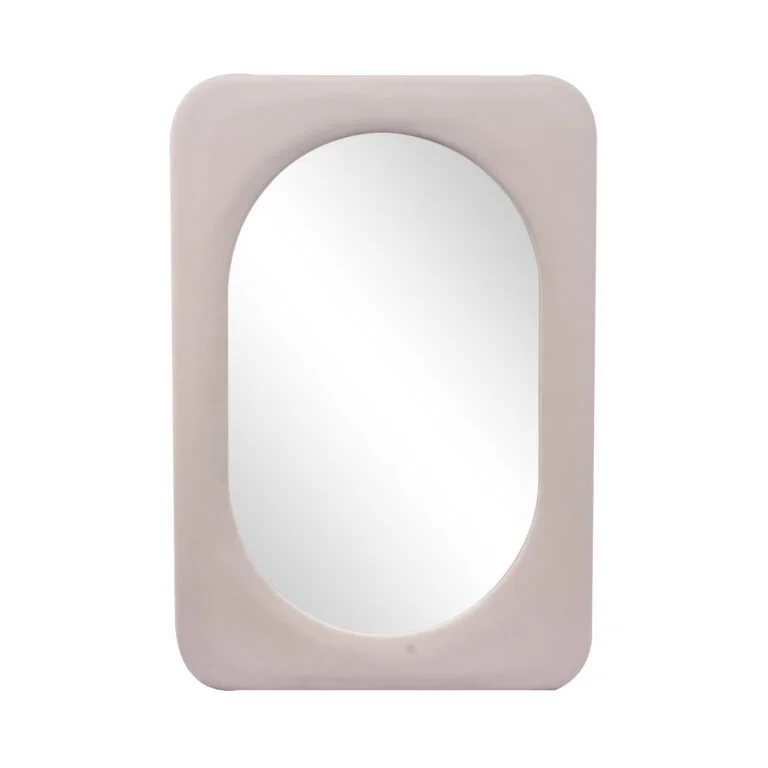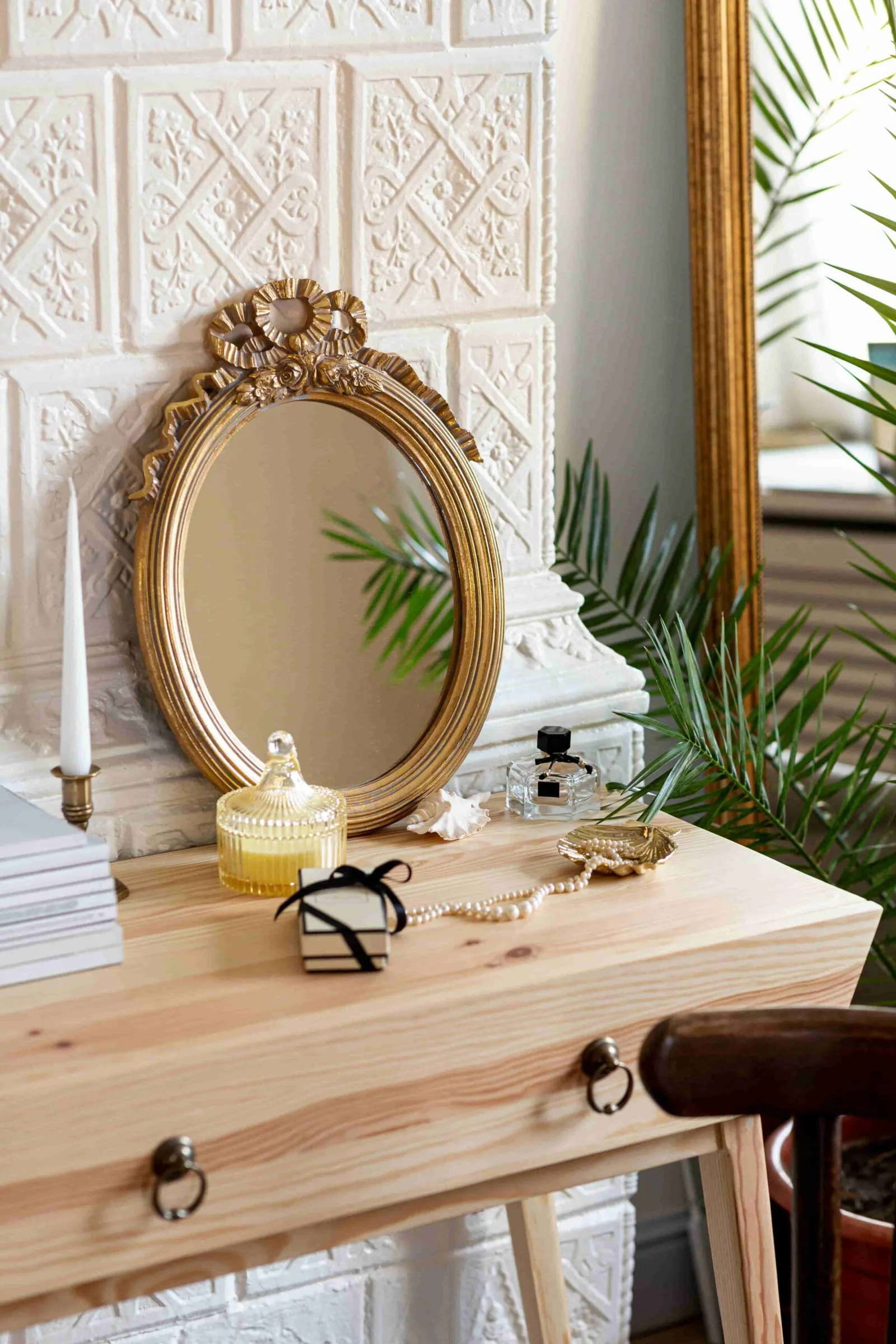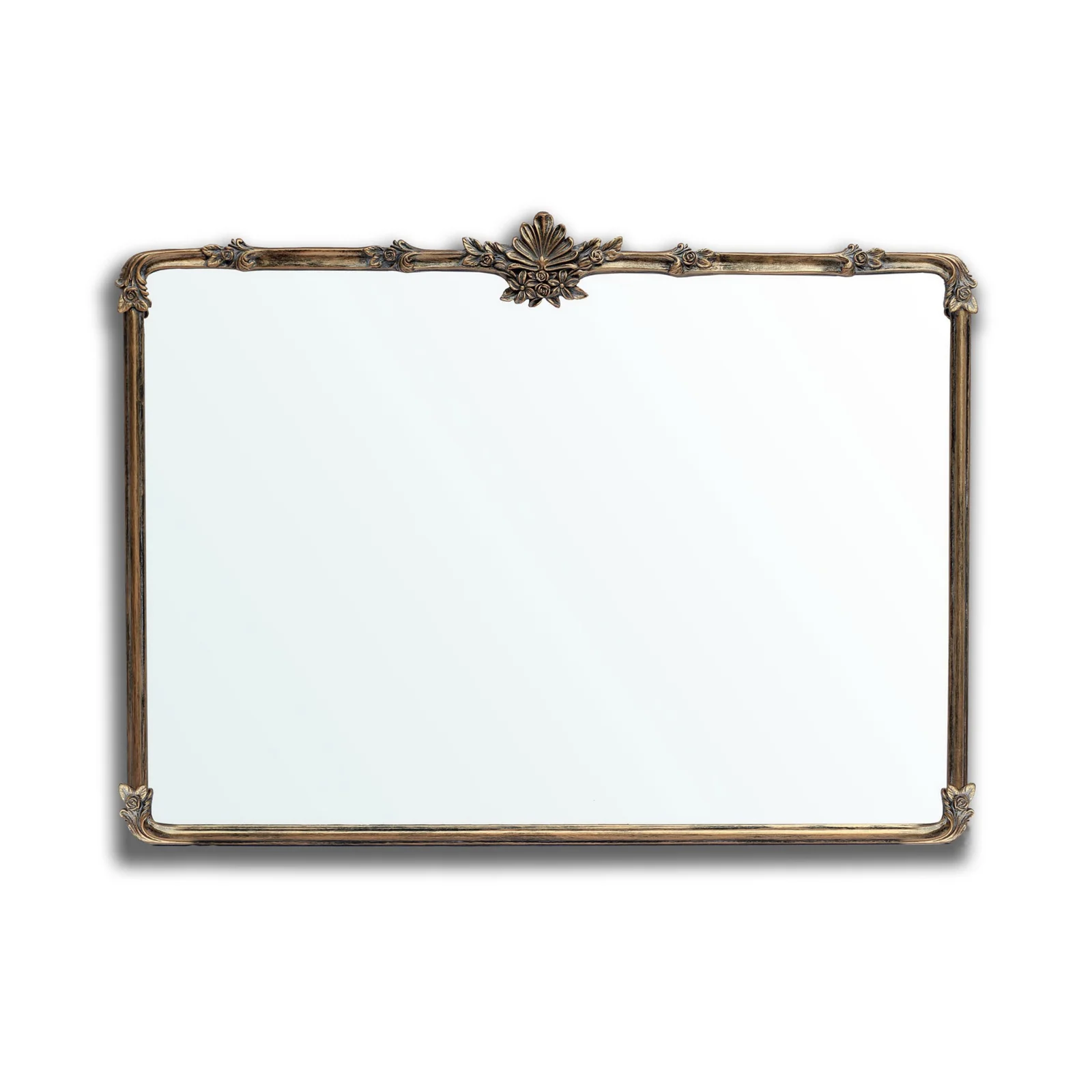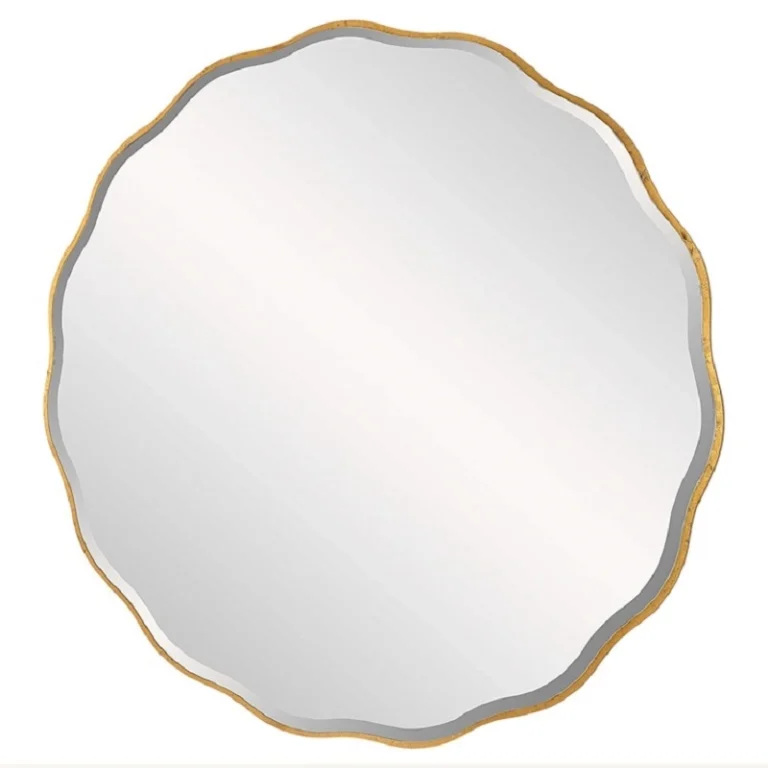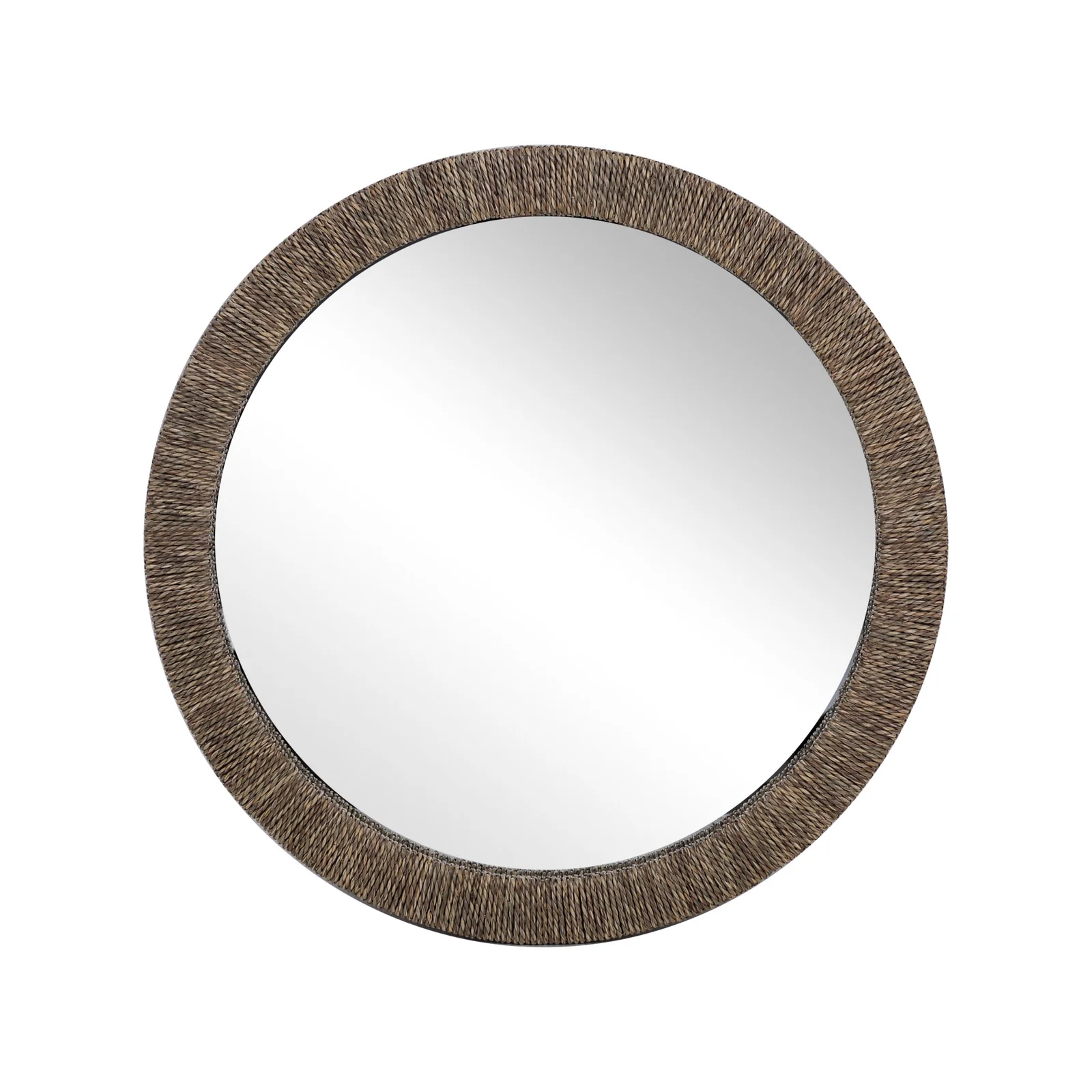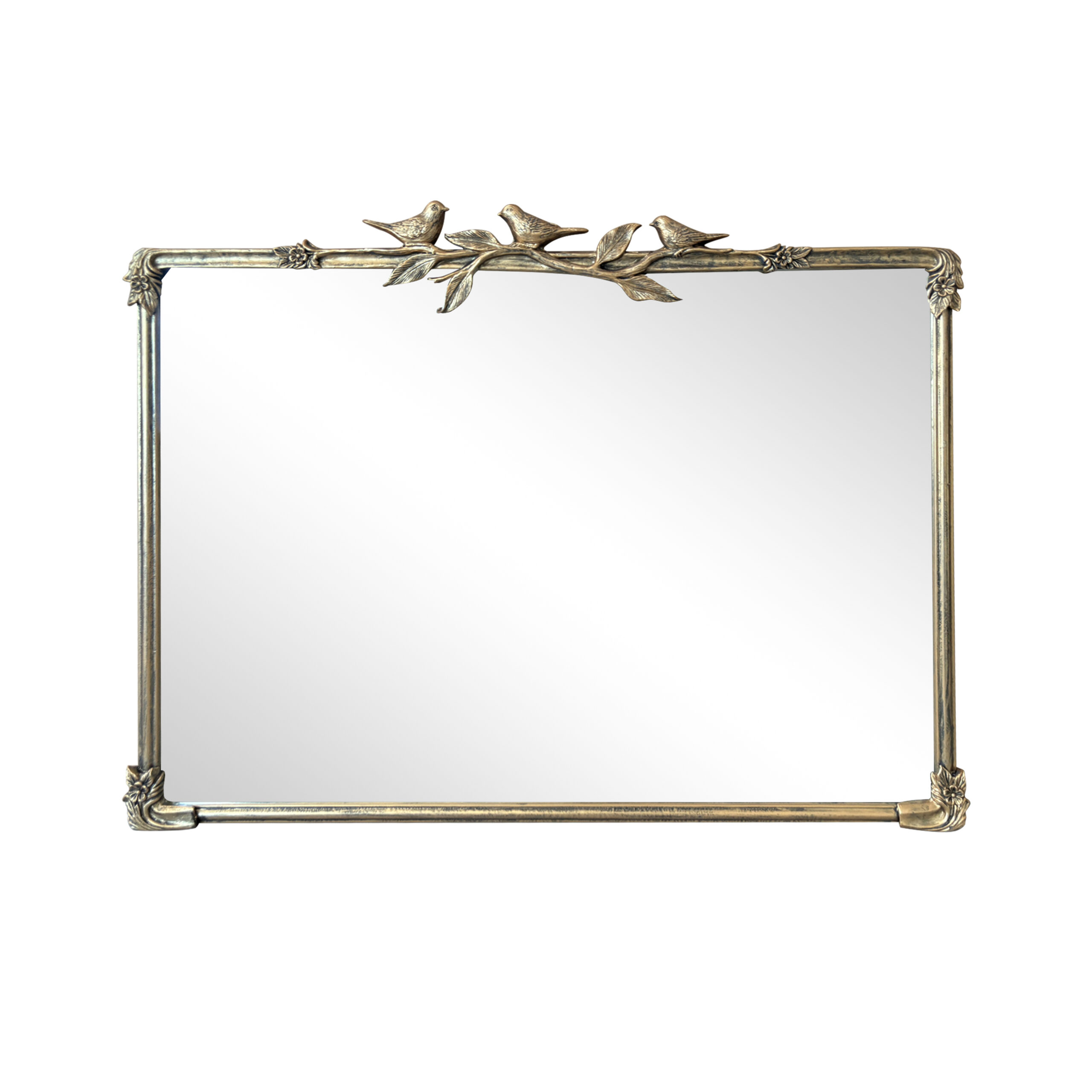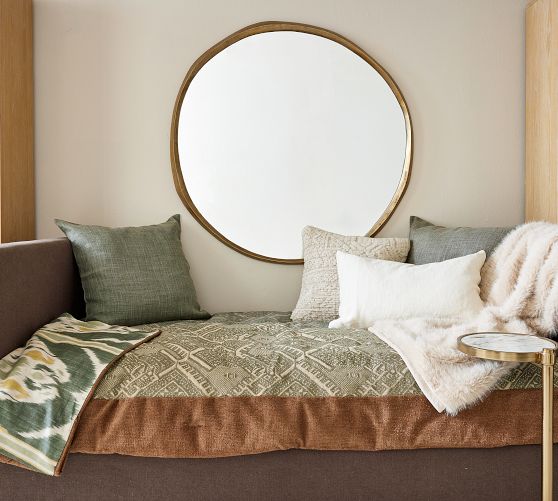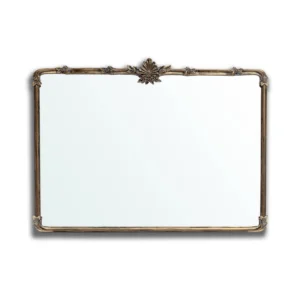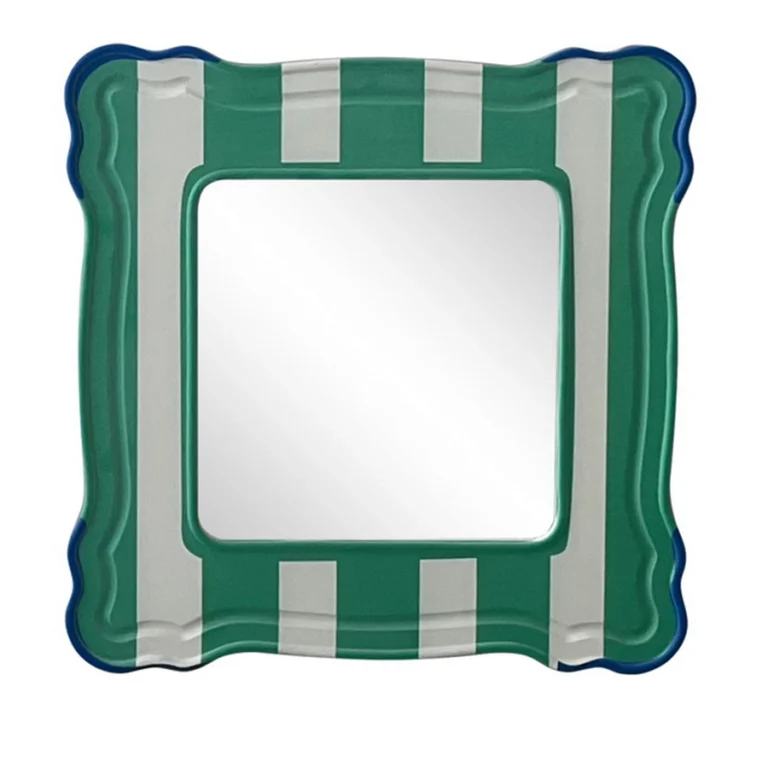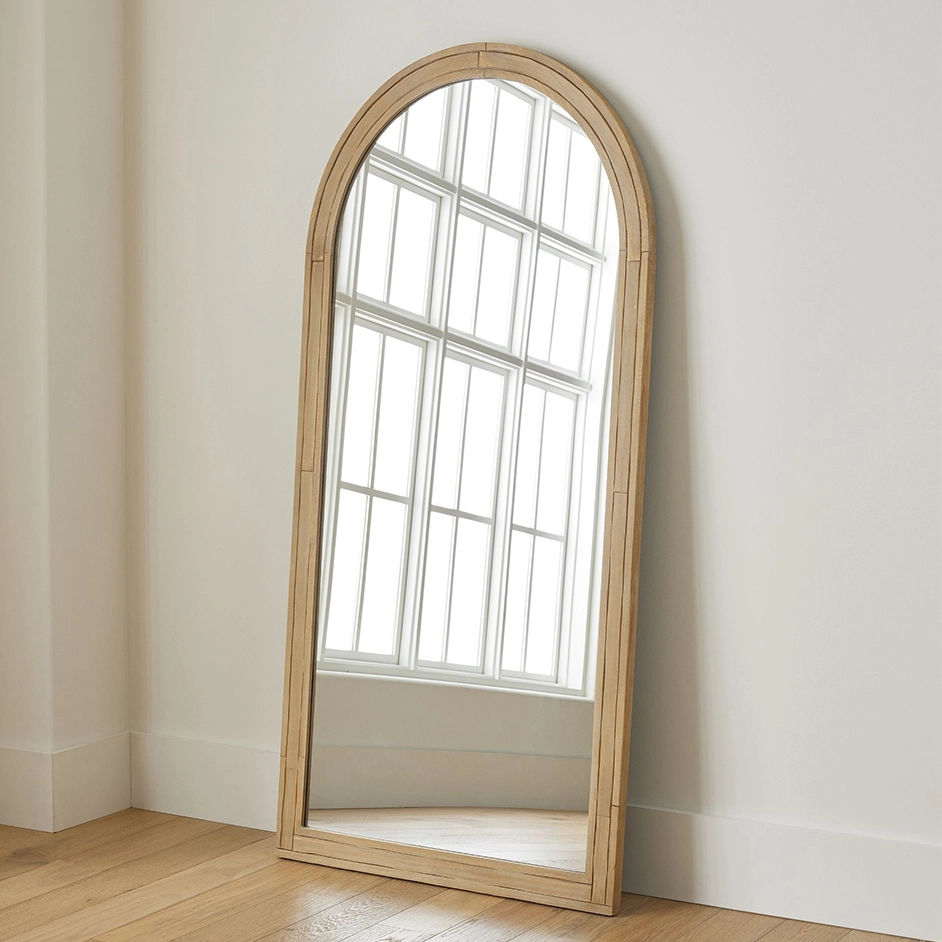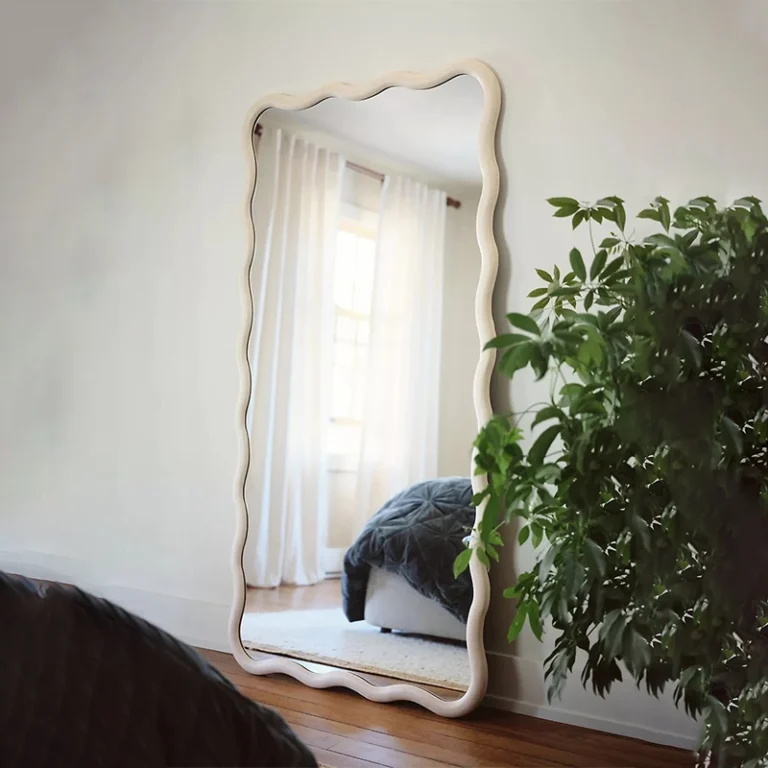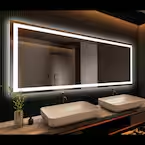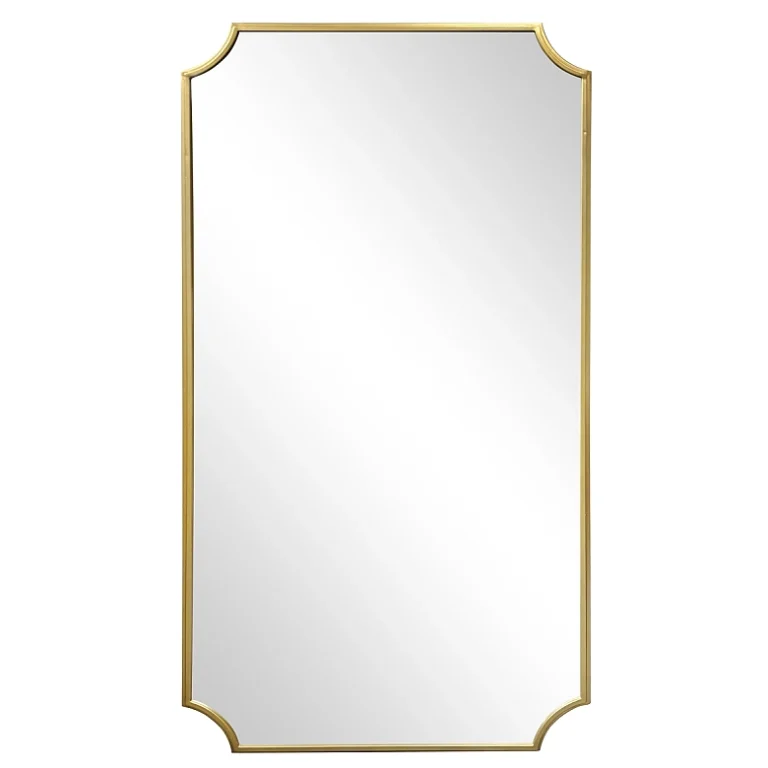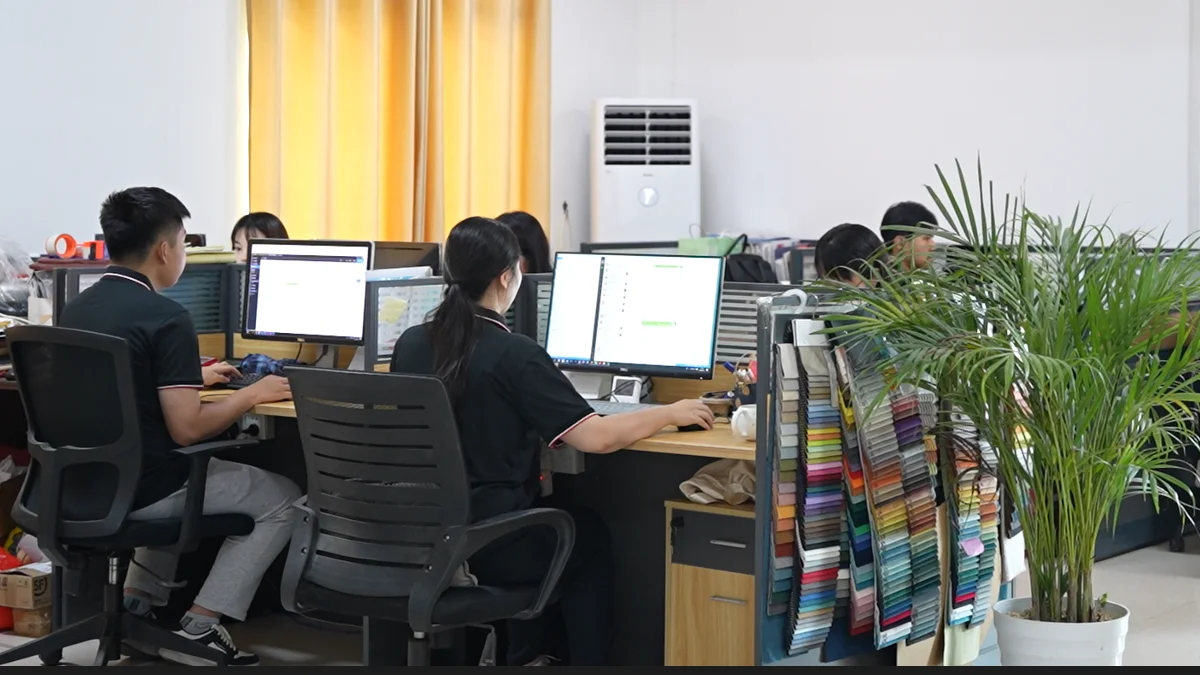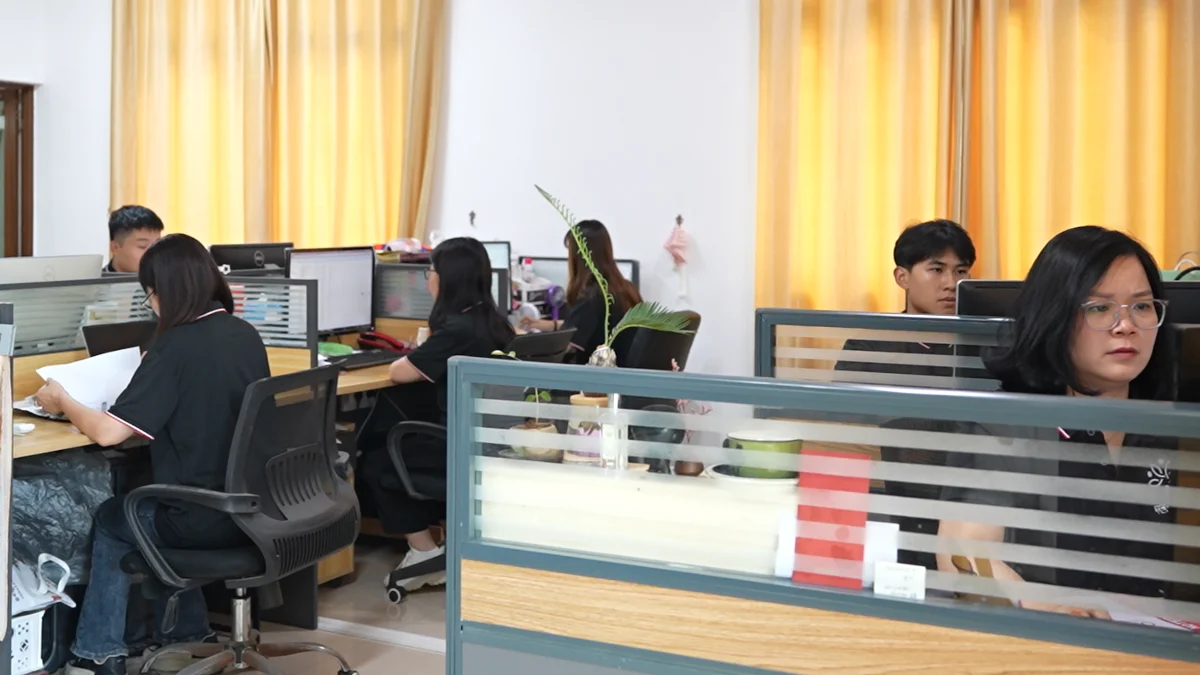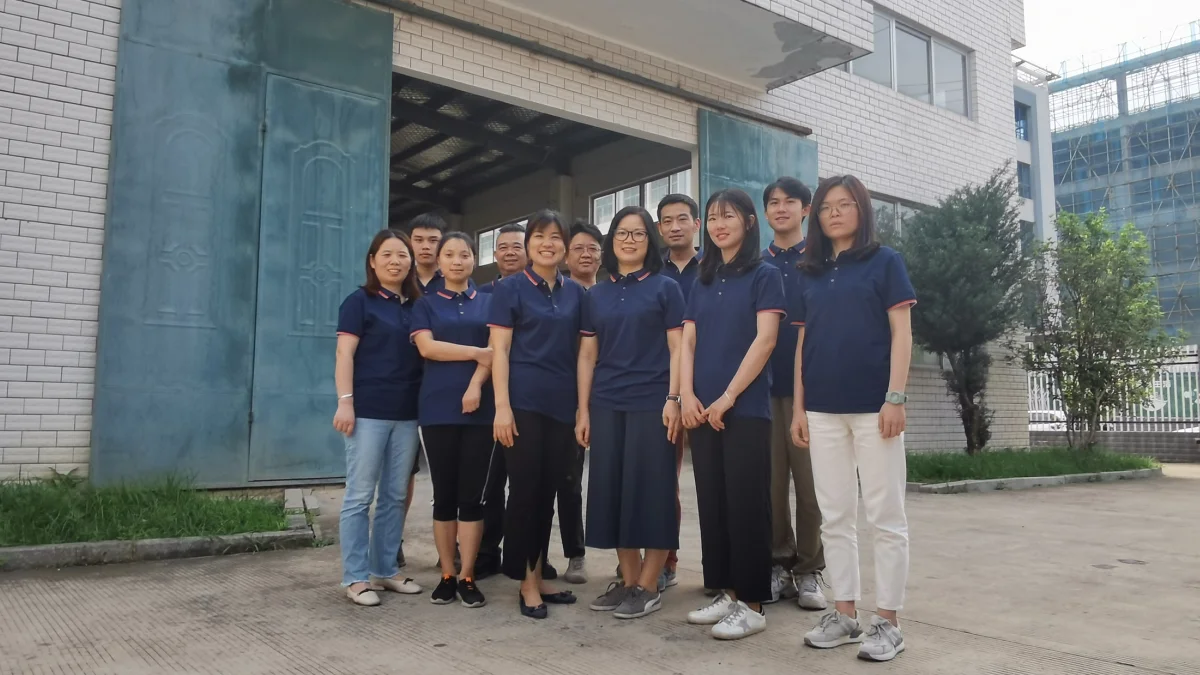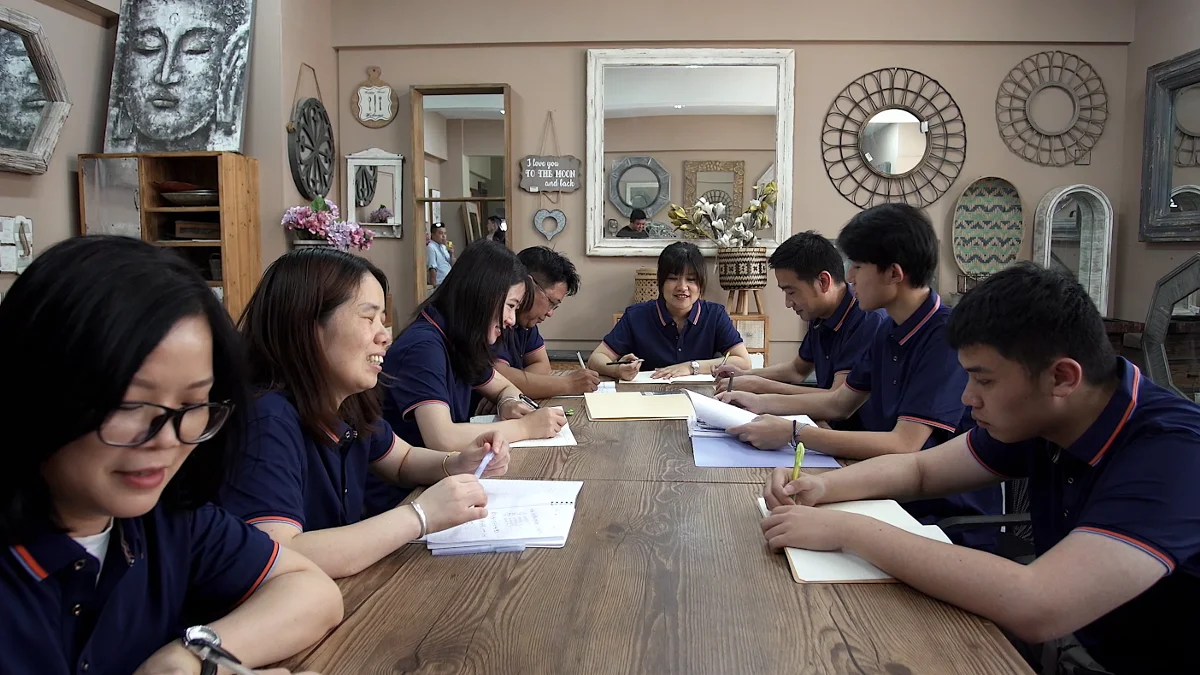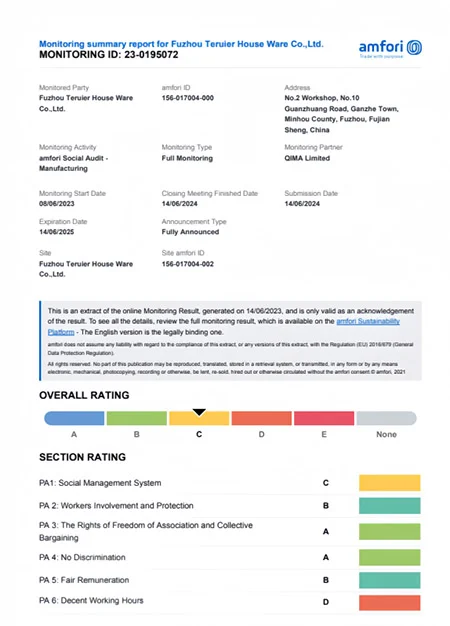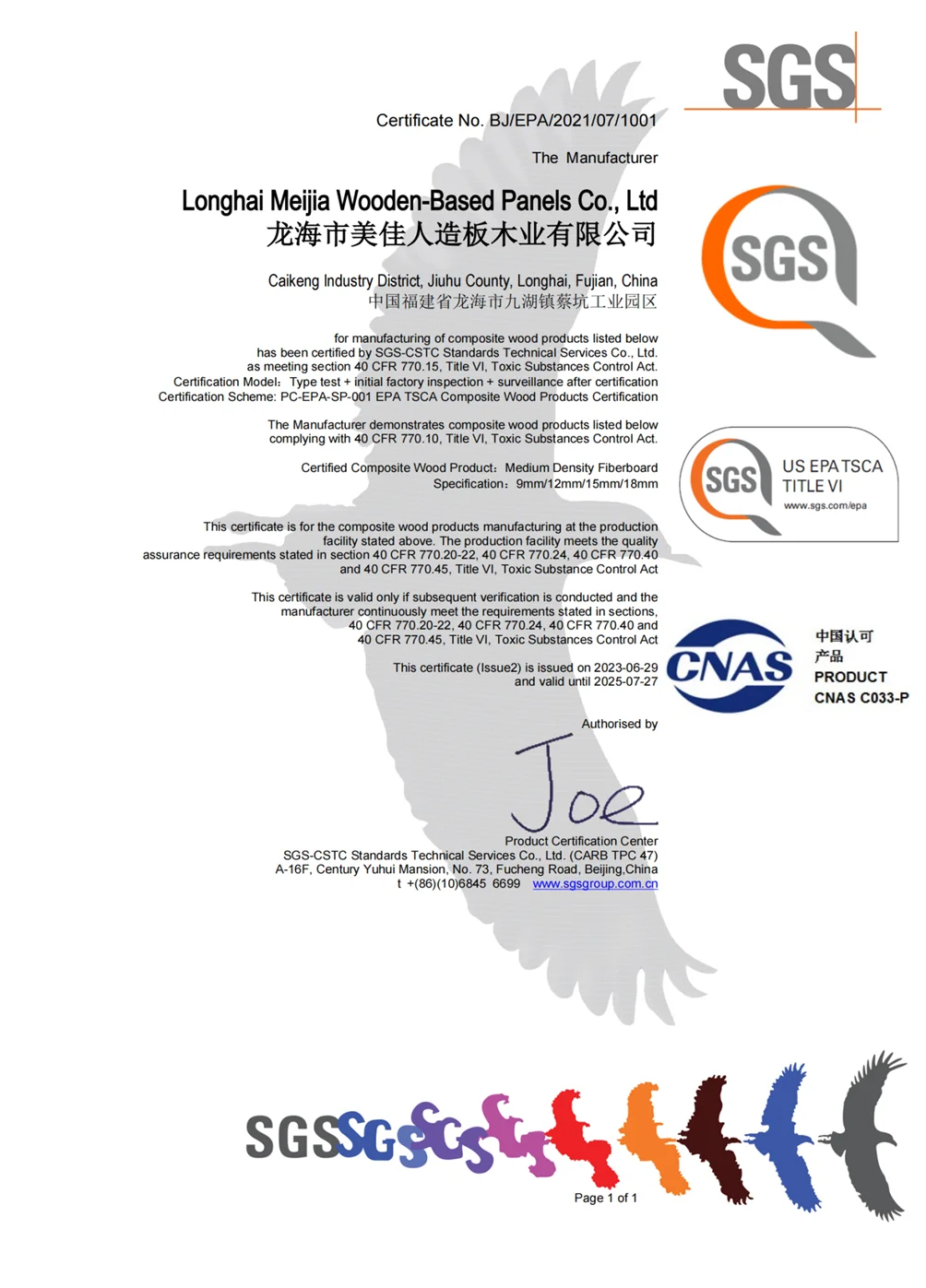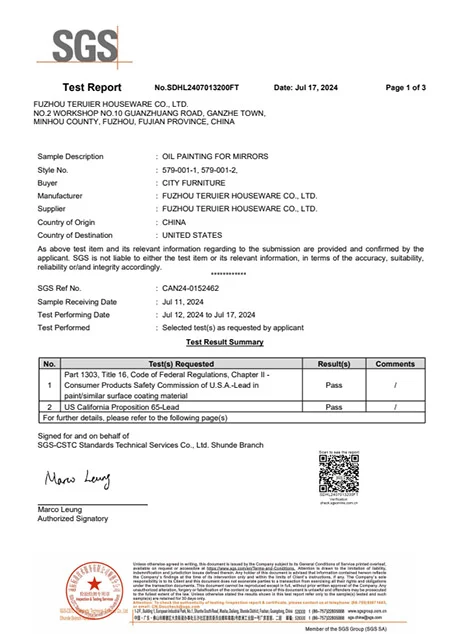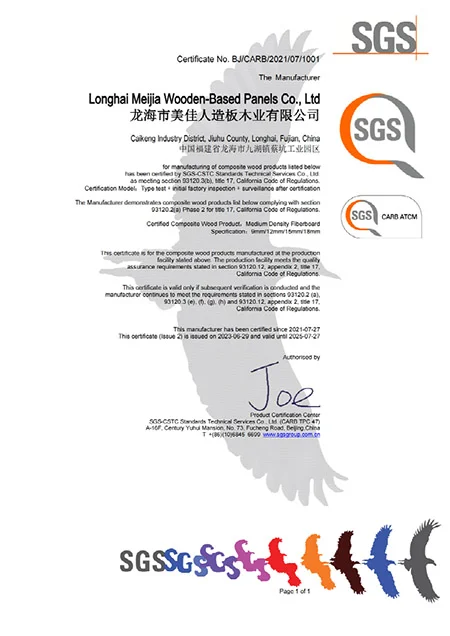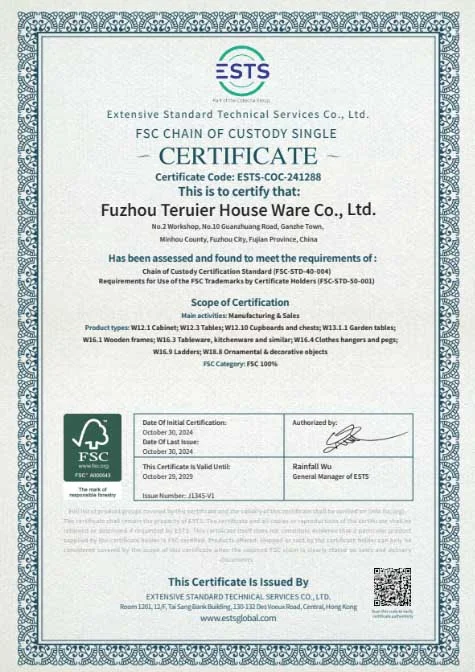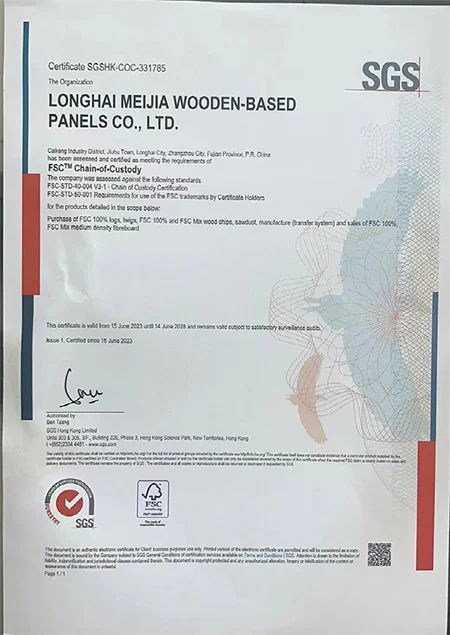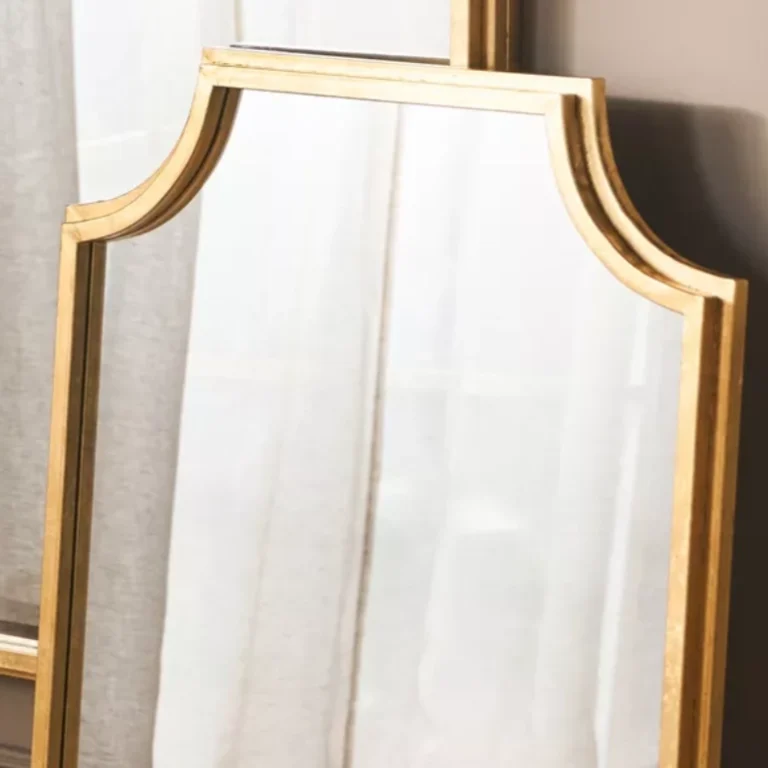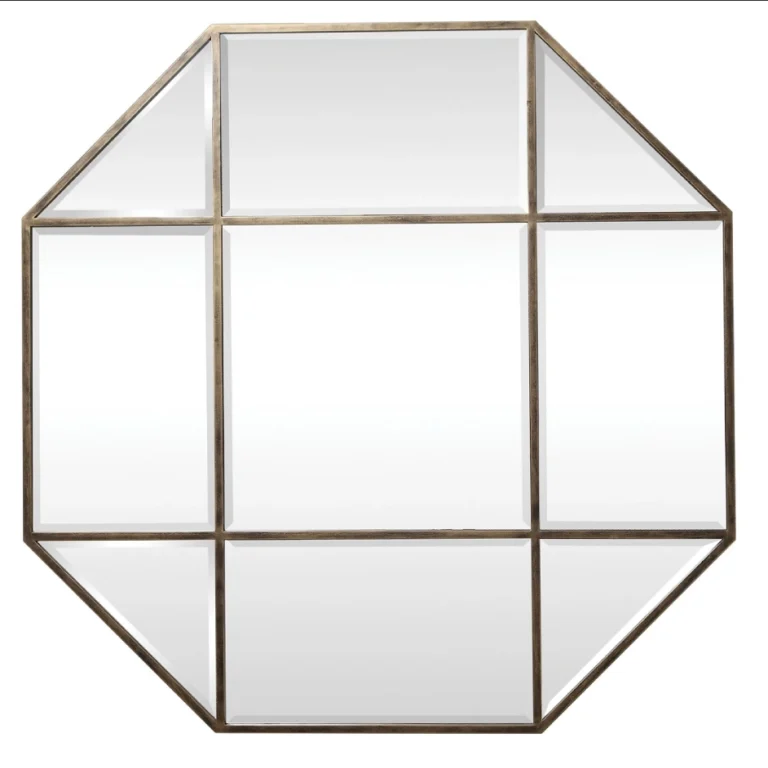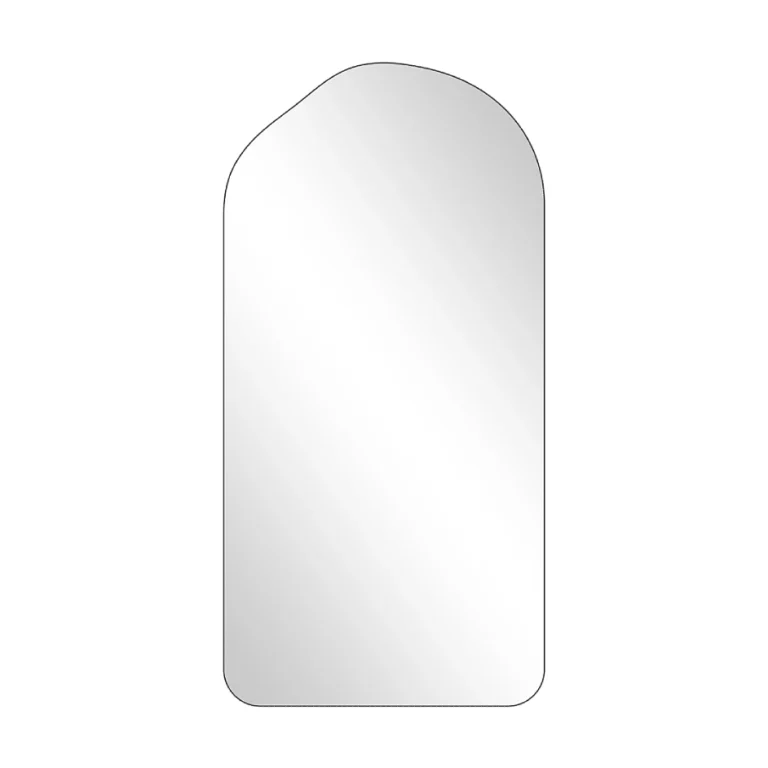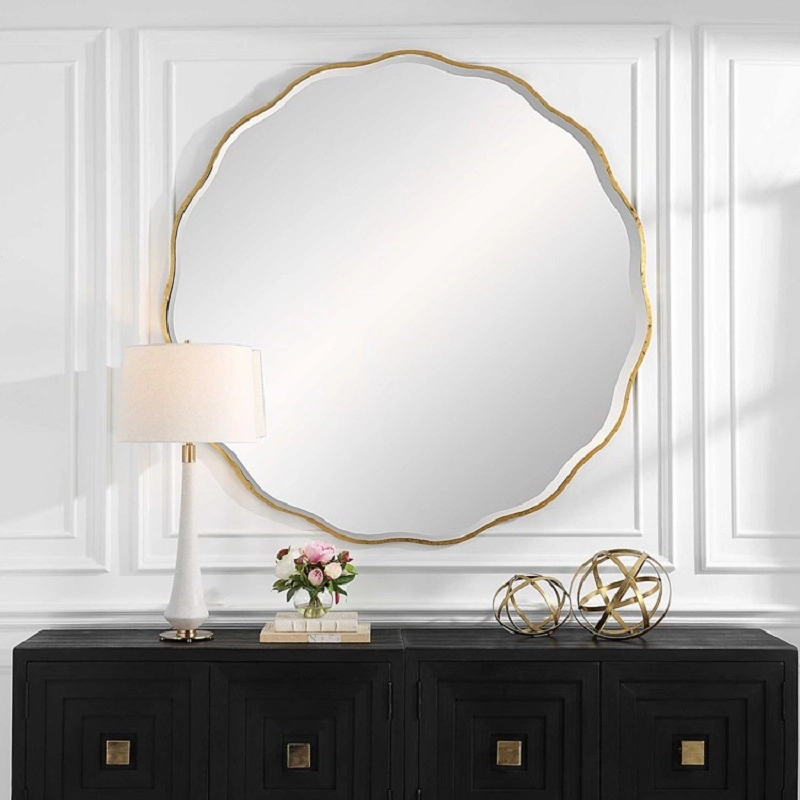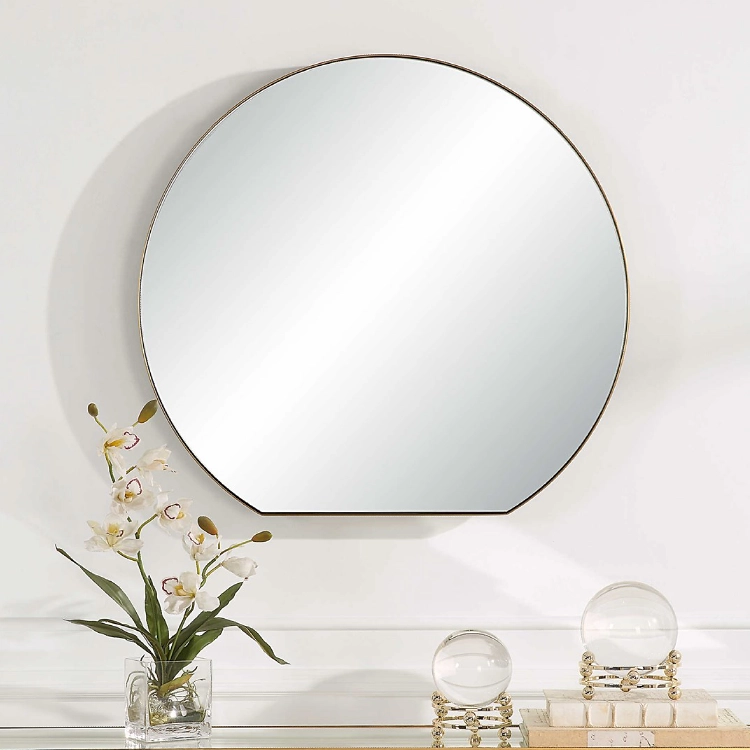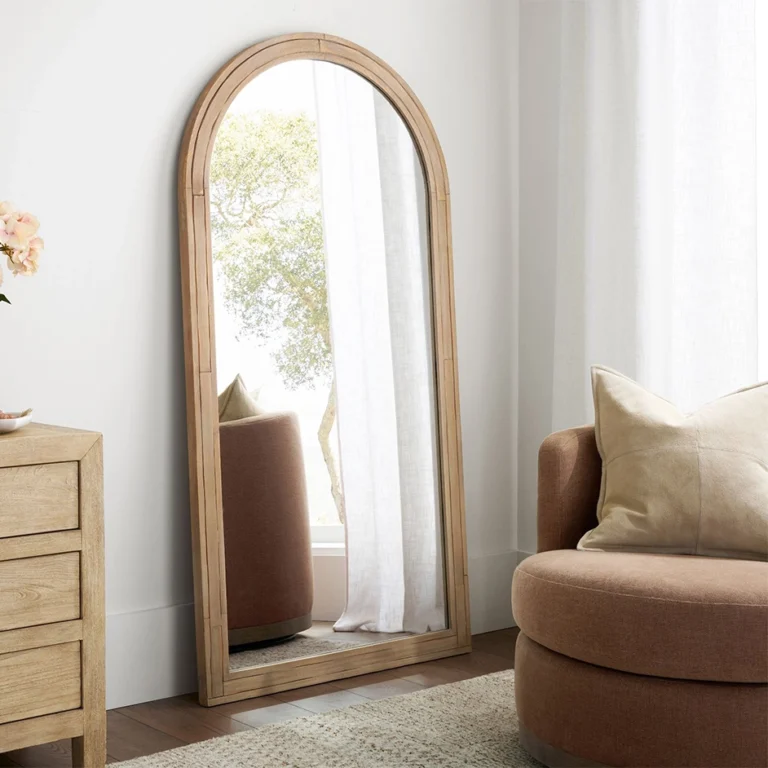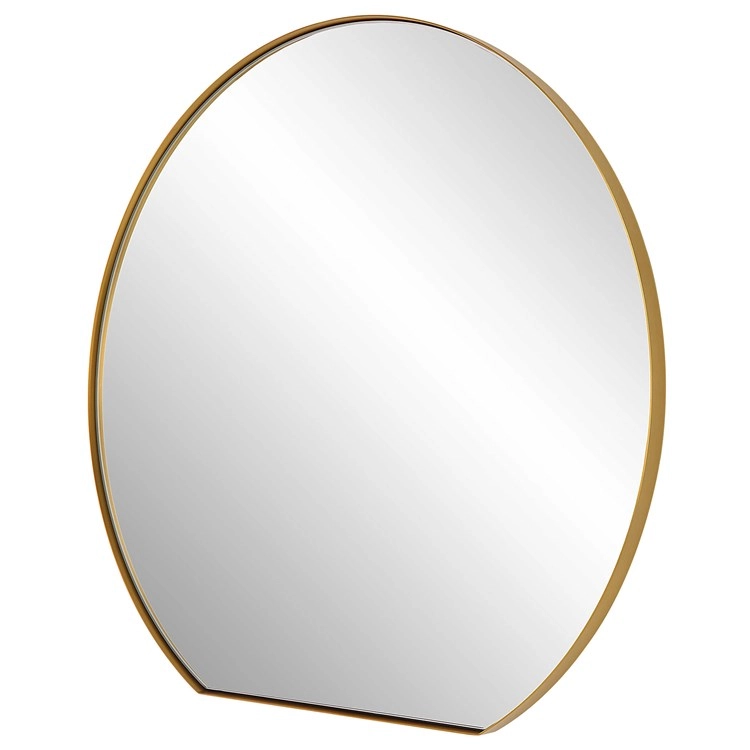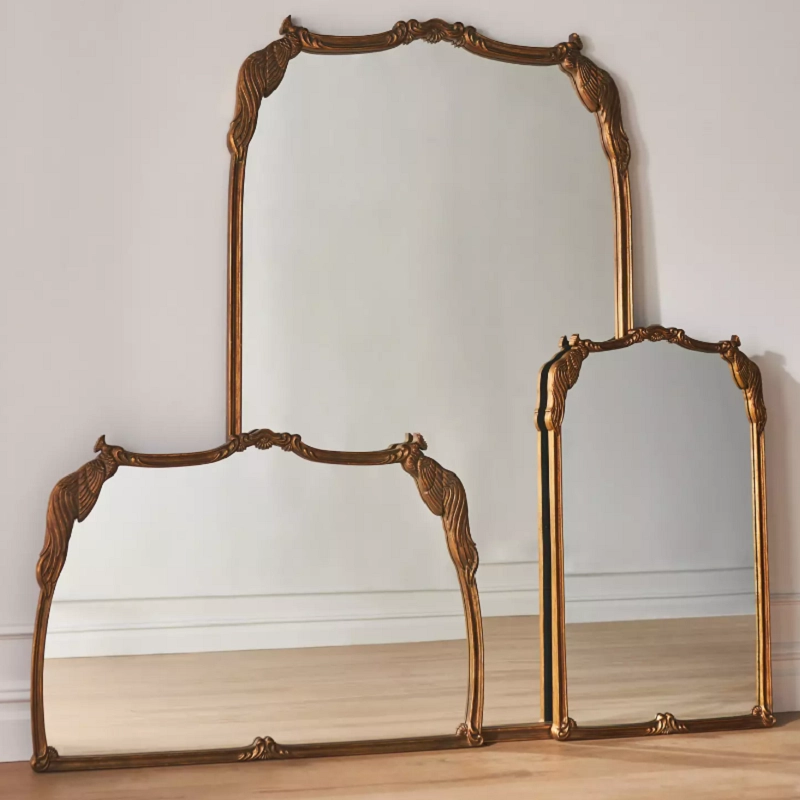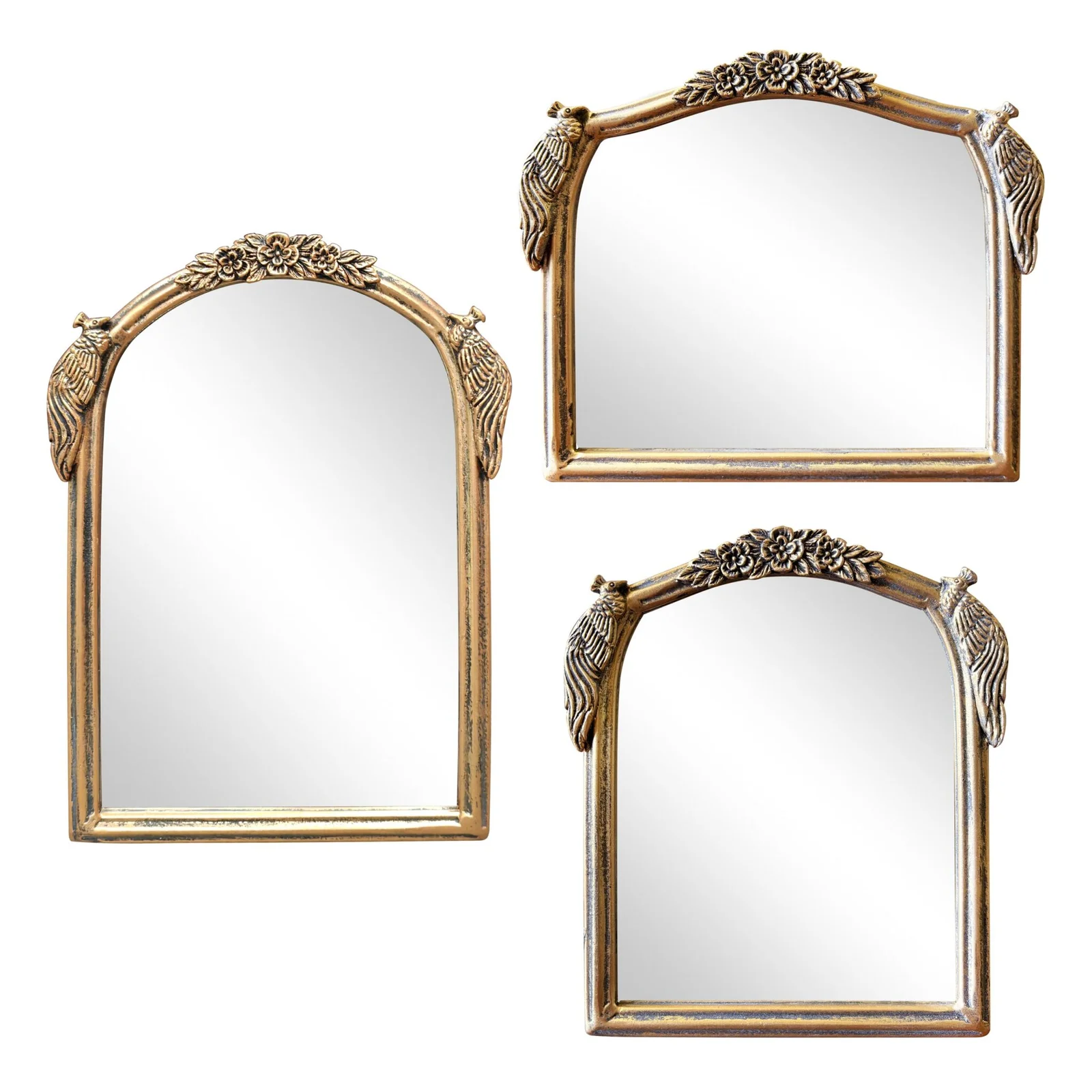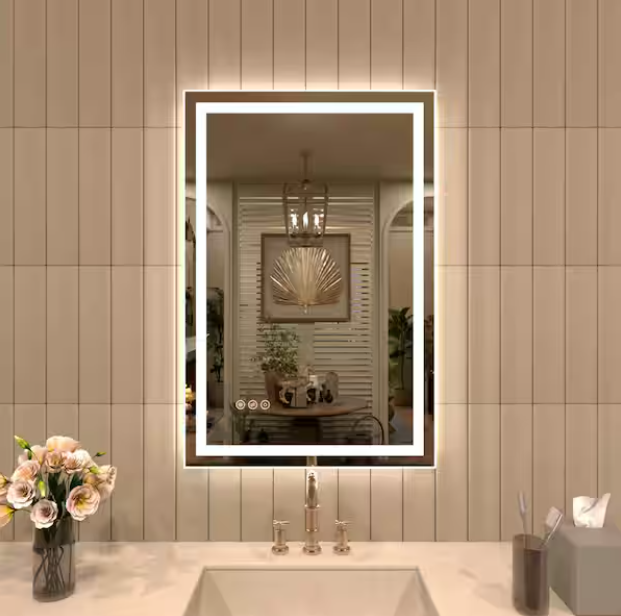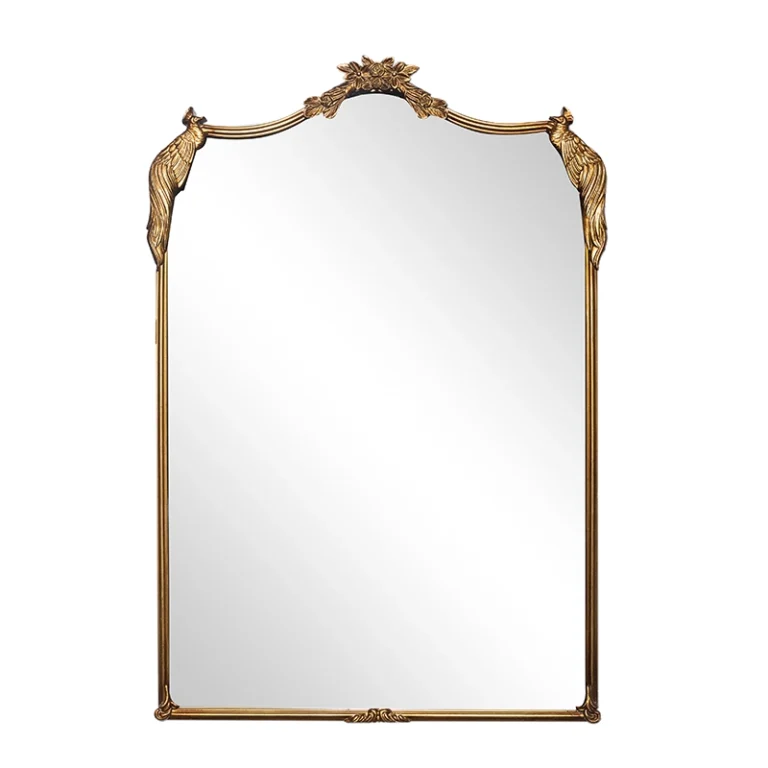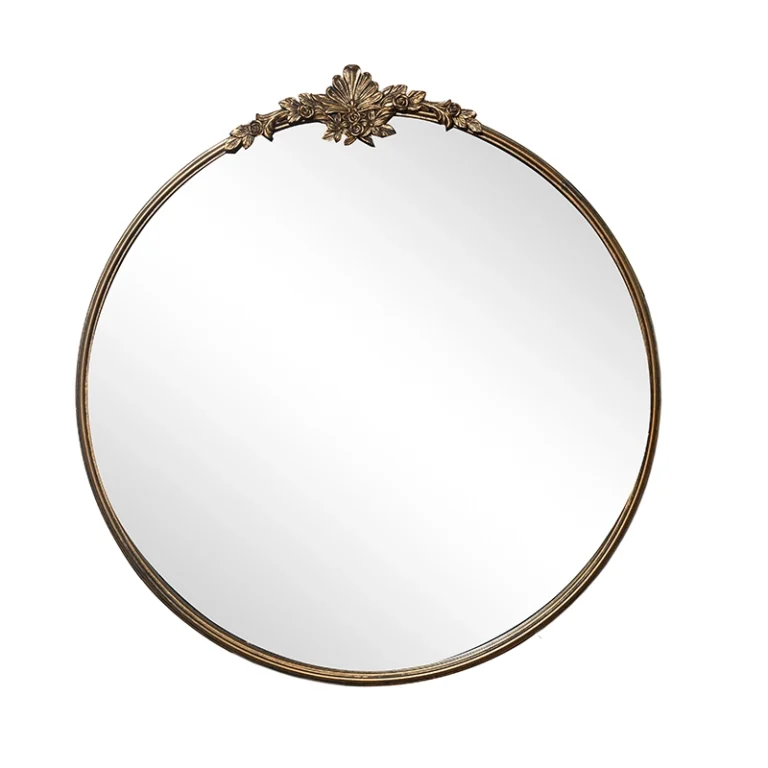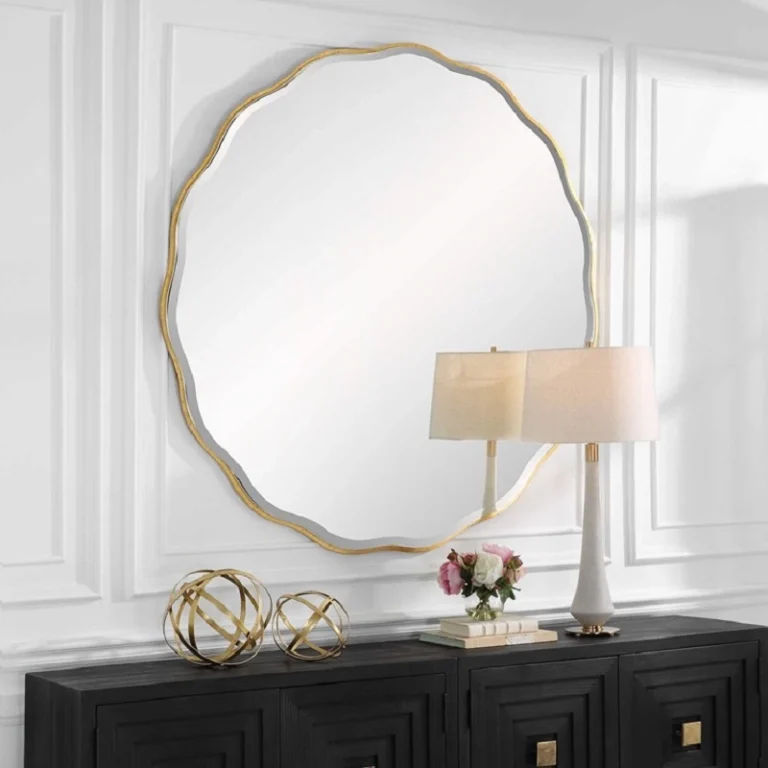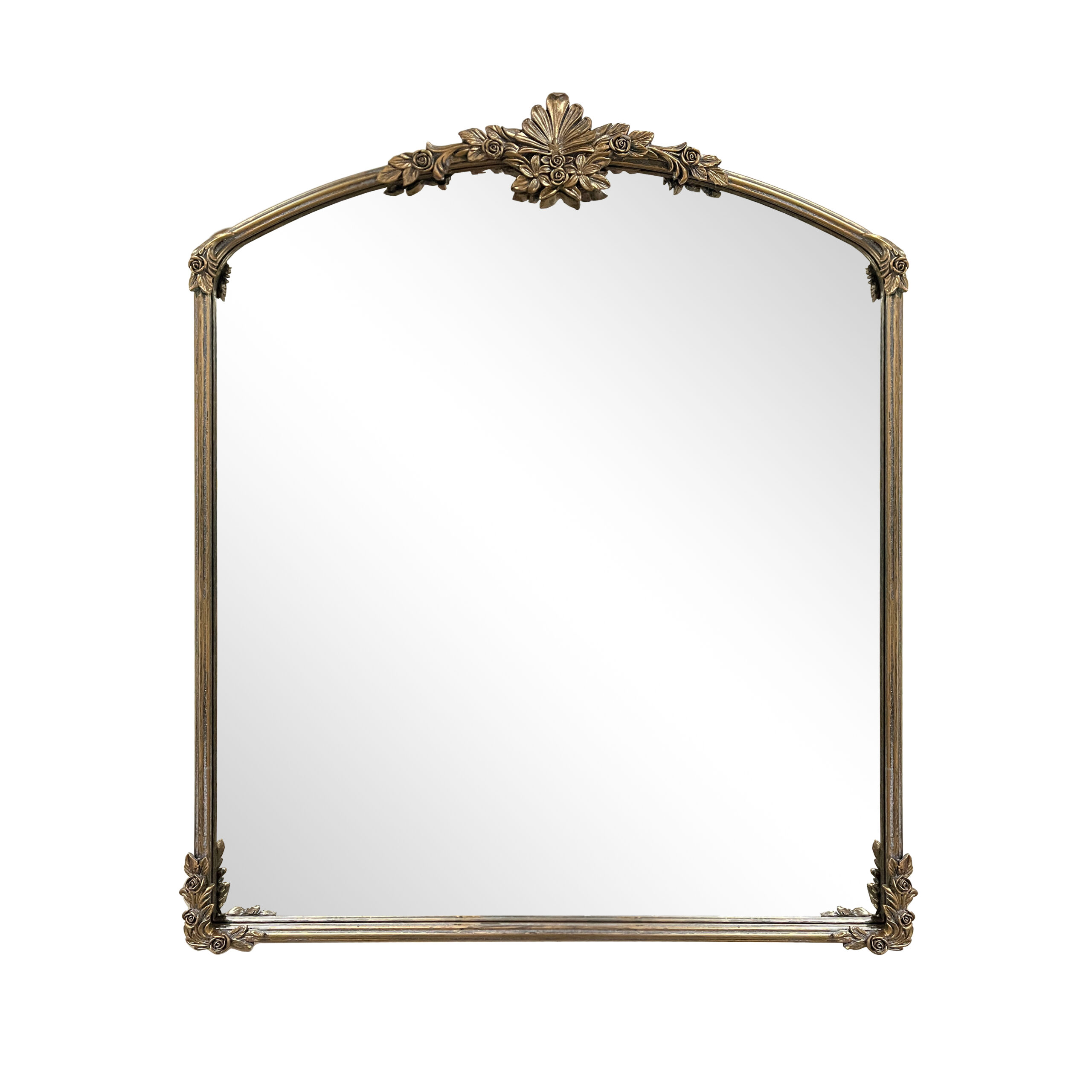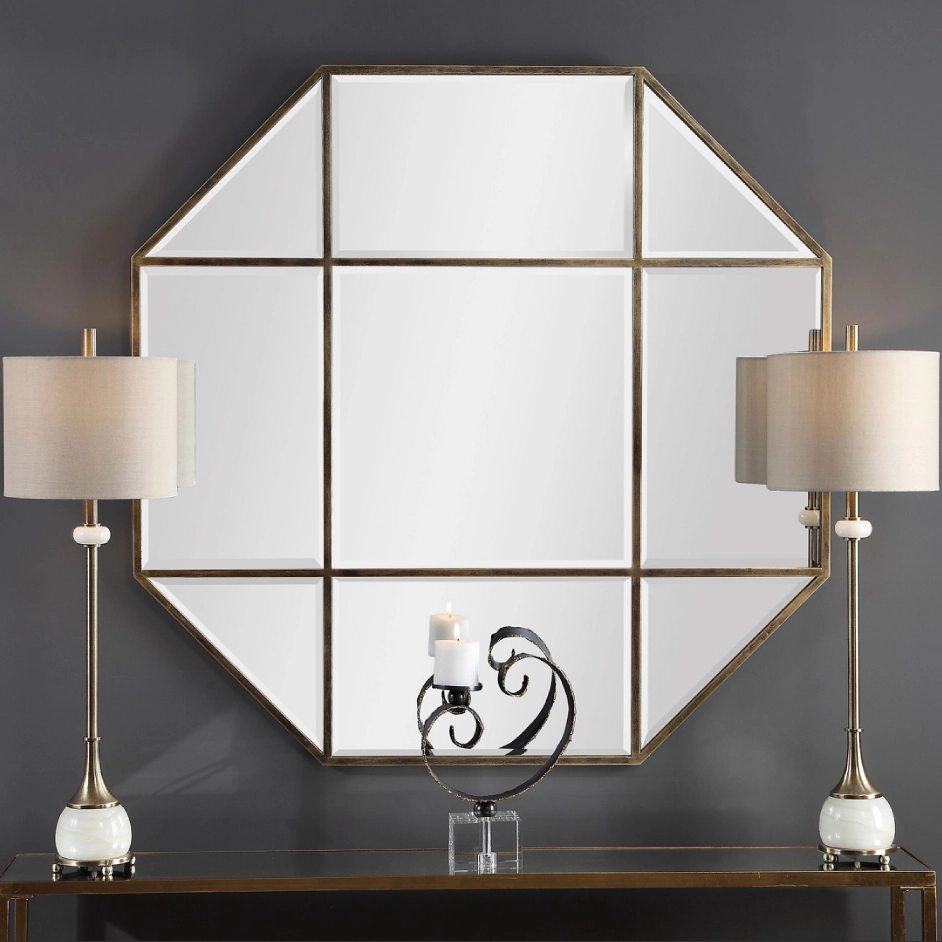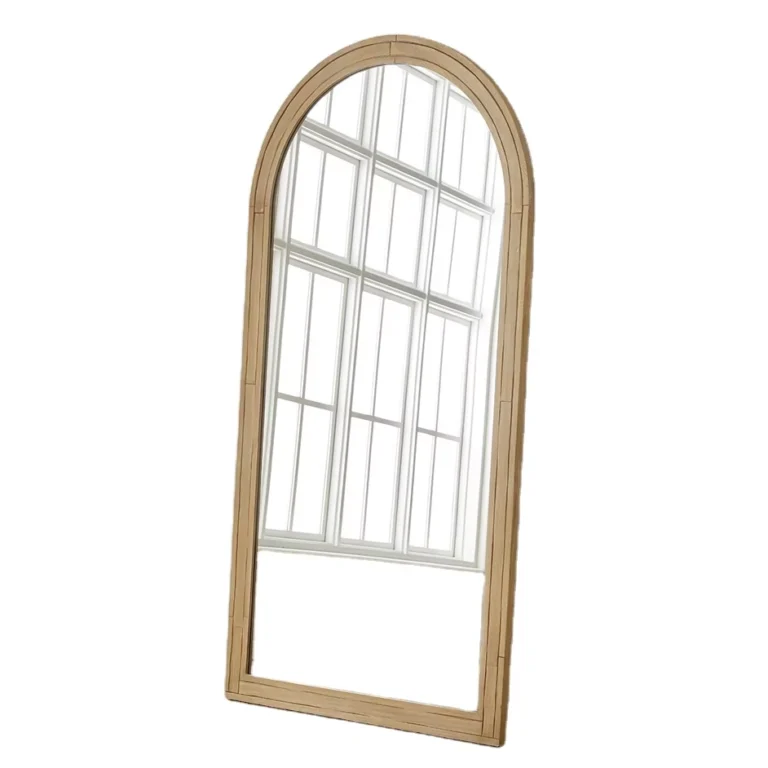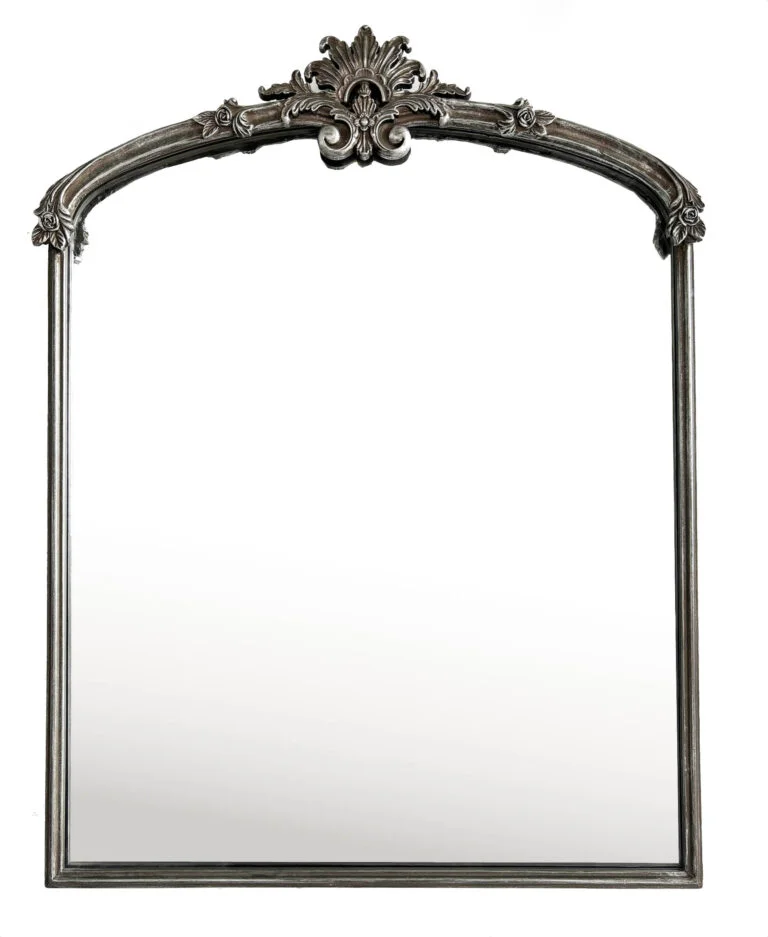mirror fitness for startups Bay Area
Of course. “Mirror Fitness for Startups” is a fantastic concept that speaks to a very specific Bay Area culture. It’s not just about the hardware; it’s about the ethos.
Here’s a detailed breakdown of what “Mirror Fitness for Startups” means, including options, considerations, and alternatives tailored for the Bay Area environment.
What “Mirror Fitness for Startups” Really Means
The phrase implies a solution that is:
-
Tech-Forward & Integrated: Seamlessly fits into a tech-savvy workplace.
-
Space-Efficient: Crucial for expensive Bay Area real estate (from a SoMa loft to a Mountain View office park).
-
On-Demand & Flexible: Caters to unpredictable startup schedules (lunch break, pre-standup, post-deadline).
-
A Wellness Perk: A tool for attracting and retaining talent by promoting physical and mental well-being to combat burnout.
-
Community-Building: An activity that employees can do together.
While Lululemon Mirror is the most well-known brand name in this category, the concept now includes several competitors.
Top Options for Your Bay Area Startup
Here are the best contenders, evaluated for a startup setting.
1. The Original: Lululemon Mirror
The sleek, reflective display that started the trend. It’s a high-end piece of hardware that turns into a fitness class.
-
Pros:
-
Premium Aesthetic: Looks like a minimalist mirror when off. Blends into an office beautifully.
-
Live & On-Demand Classes: Huge library of classes (yoga, cardio, boxing, strength, barre).
-
Real-time Feedback: Users can see their form in the mirror alongside the instructor.
-
Corporate Program: Lululemon offers a corporate wellness program that can include bulk pricing and admin dashboards.
-
-
Cons:
-
High Upfront Cost: The mirror itself is a significant investment (~$1,495+).
-
Subscription Required: Requires a $39/month membership per household. For an office, you’d likely need the corporate plan.
-
-
Ideal for: Well-funded Series A+ startups that want the “best-in-class”, sleekest design and have a dedicated wellness budget.
2. The Content King: Tonal
While not a “mirror,” Tonal is the dominant smart strength training system and a common sight in Bay Area homes and offices. It uses digital weights and adaptive resistance.
-
Pros:
-
Unmatched for Strength Training: The best option for weightlifting without needing a rack of dumbbells.
-
Space-Saving: Even more so than a mirror, as it replaces entire racks of equipment.
-
AI-Powered Coaching: Adjusts weight in real-time and provides form feedback.
-
-
Cons:
-
Requires Installation: Must be wall-mounted into studs, which is a bigger commitment.
-
Niche Focus: While it has other content, its core strength is (pun intended) strength training.
-
Cost: Higher upfront cost than Mirror (~$2,995 + installation) plus a $59/month subscription.
-
-
Ideal for: Startups whose culture is heavily geared towards strength and conditioning, or who want to offer a truly premium strength solution.
3. The Aggregator: FightCamp
A great option for a specific, high-energy culture.
-
Pros:
-
High-Energy & Fun: Excellent for stress relief and building team energy.
-
Complete Kit: Comes with punch trackers, free-standing bag, gloves, etc.
-
Engaging Community: Leaderboards and performance tracking can be great for team challenges.
-
-
Cons:
-
Requires More Space: You need room for the freestanding bag to swing.
-
Niche Focus: Primarily boxing and kickboxing workouts.
-
-
Ideal for: Startups looking for a cathartic, high-cardio team activity and have a dedicated “fun” room.
Key Considerations for Bay Area Startups
-
The Hybrid Work Model: How many people are in the office on a given day? A expensive piece of hardware that sits unused 4 days a week is a poor ROI. Consider a subscription model that gives employees access to apps they can use at home and guides for in-office group sessions.
-
Space: Measure your available wall or floor space. A Mirror needs a clear wall. A Tonal needs a sturdy one. FightCamp needs floor space.
-
Budget: This is the biggest factor.
-
Hardware Cost: Can you afford the upfront capital expense?
-
Subscription Cost: Who pays for it? The company? The employee? (Corporate plans can help here).
-
Hidden Costs: Mats, cleaning supplies, towels, storage for accessories.
-
-
Culture Fit: Does a silent, individual Mirror session fit your culture? Or would a loud, group FightCamp session be better? Survey your team!
-
The “Wellness” vs. “Fitness” Distinction: Are you trying to build muscle or reduce stress? For mental wellness, a Mirror yoga class might be more valuable than a Tonal deadlift session.
The Modern Alternative: A “Wellness Stipend”
For many early-stage startups (Seed, Series A), this is the most flexible and popular option in the Bay Area.
Instead of buying one specific hardware, you provide employees with a monthly or annual stipend ($50-$150/month is common) to spend on wellness. They can use it for:
-
Their own Mirror, Tonal, or Peloton subscription
-
A local gym membership (Equinox, Fitness SF, Bay Club)
-
ClassPass credits for variety
-
Yoga or meditation apps (Calm, Headspace)
-
Even hiking gear or running shoes
Why it works for startups: It’s flexible, inclusive (remote employees benefit equally), and scales perfectly as you grow. It puts the choice in the employee’s hands.
Recommendation
-
For Pre-Series A/Seed Startups: Start with a Wellness Stipend. It’s the most efficient, fair, and scalable solution. Gauge what your team actually uses.
-
For Series B+ Startups with Office-First Culture: If you have the budget and a strong in-office presence, investing in a Lululemon Mirror or Tonal can be a fantastic perk that enhances your office environment. Get a demo and involve your team in the decision.
-
For a Specific, Energetic Culture: If your team loves high-energy events, FightCamp could be a unique and memorable choice.
Final Pro-Tip: Before you buy anything, reach out to the sales teams of Mirror, Tonal, and FightCamp directly. They all have corporate sales divisions and will be eager to work with a Bay Area startup. They can provide detailed quotes, demo units, and trial periods.
Generally speaking, our order requirements are as follows: the minimum order quantity (MOQ) for large items is 50 pieces, for regular items it is 100 pieces, for small items it is 500 pieces, and for very small items (such as ceramic decorations) the MOQ is 1,000 pieces. Orders exceeding $100,000 will receive a 5% discount. The delivery timeline is determined based on the specific order quantity and production schedule. Typically, we are able to complete delivery within two months.
